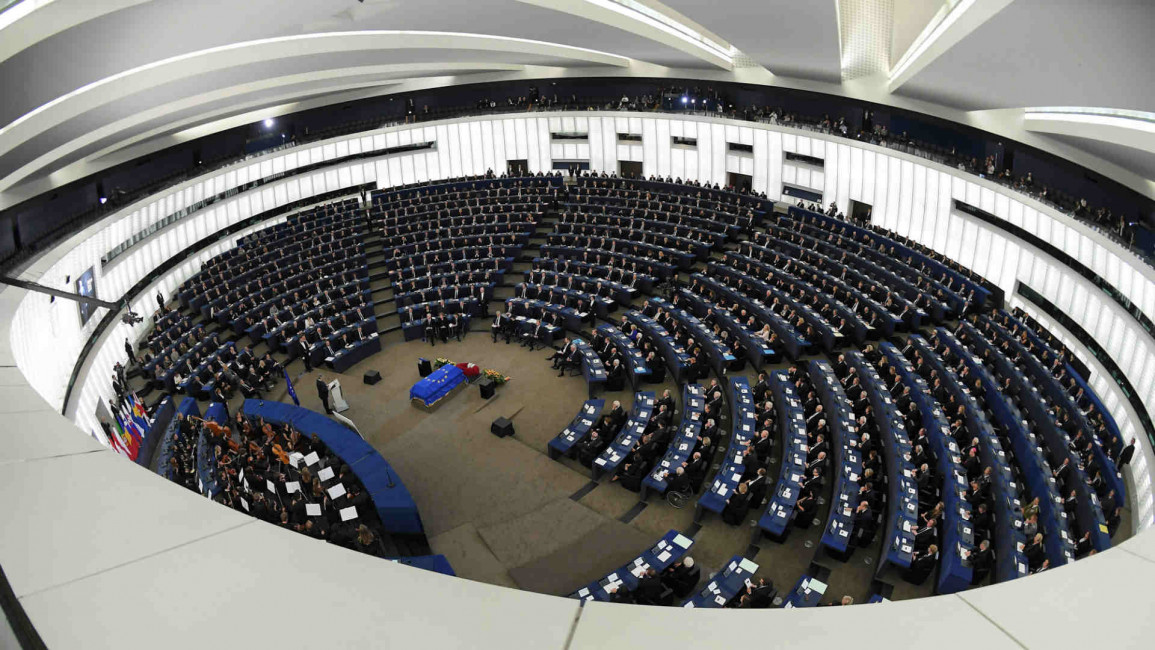EU Parliament urges Saudi Arabia to abolish male guardianship system
European lawmakers called on Saudi Arabia to end the male guardianship system it sees as reducing women to second-class citizens on Thursday.
Parliamentarians also expressed concern over "government web services" that allow male guardians to track their 'dependents', their sisters, daughters and wives, Reuters reported.
This is likely in reference to the Saudi application Absher. It allows male guardians to register their female 'dependents', restrict or permit their international travel, and receive a notification whenever their 'dependents' attempt to cross the kingdom's international border.
The EU resolution approved by more than two thirds of the assembly urged for the abolishment of the male guardianship system that restricts the ability of women to travel and conduct various routine tasks without the permission of their male relatives.
The kingdom's current set up reduces women to "second-class citizens" the document said.
Lawmakers encouraged pressure on Riyadh until it improves conditions for women. EU Parliamentary resolutions are not binding but can have an influence on decisions made by EU members.
Crown Prince Mohammed bin Salman has introduced "liberalisation" policies in the kingdom, including lifting the driving ban for women but EU lawmakers called for more, saying "the Saudi political and social system remains discriminatory".
Read more:Saudi reforms are meaningless as long as male guardianship persists
They also pushed for the release of women's rights defenders detained in Saudi prisons. The activists have faced repeated electrocution and flogging since their imprisonment in May.
This resolution has passed a day after the European Commission added Saudi Arabia, along with seven other countries, to the EU's money-laundering blacklist. The list includes governments that do too little to thwart the financing of terrorism and organised crime.
The move comes as tensions between Riyadh and European capitals are heightened over the murder last year of the columnist Jamal Khashoggi at the Saudi consulate in Istanbul. It is widely believed his killing was ordered by the crown prince, although Riyadh has denied the allegation.



